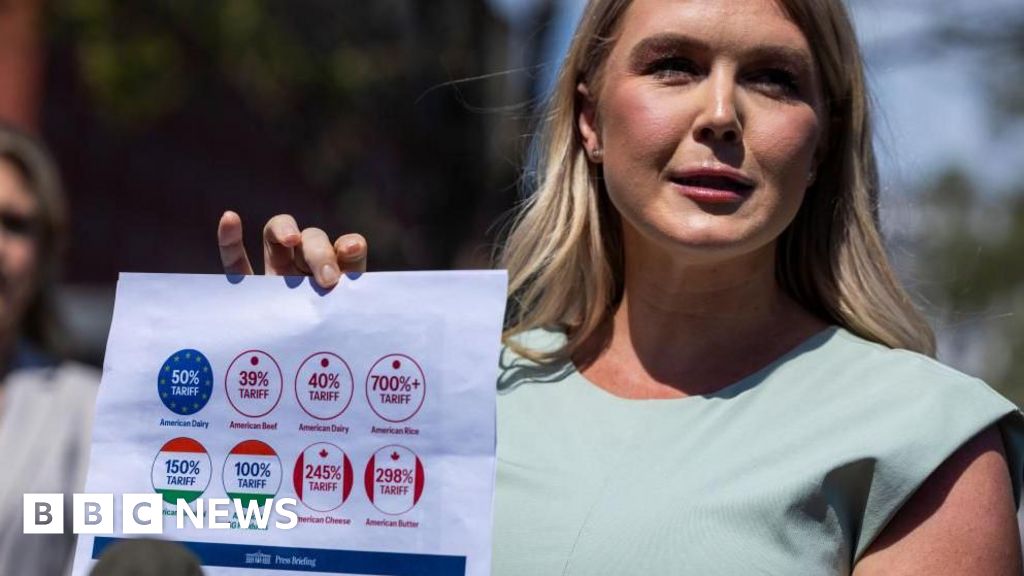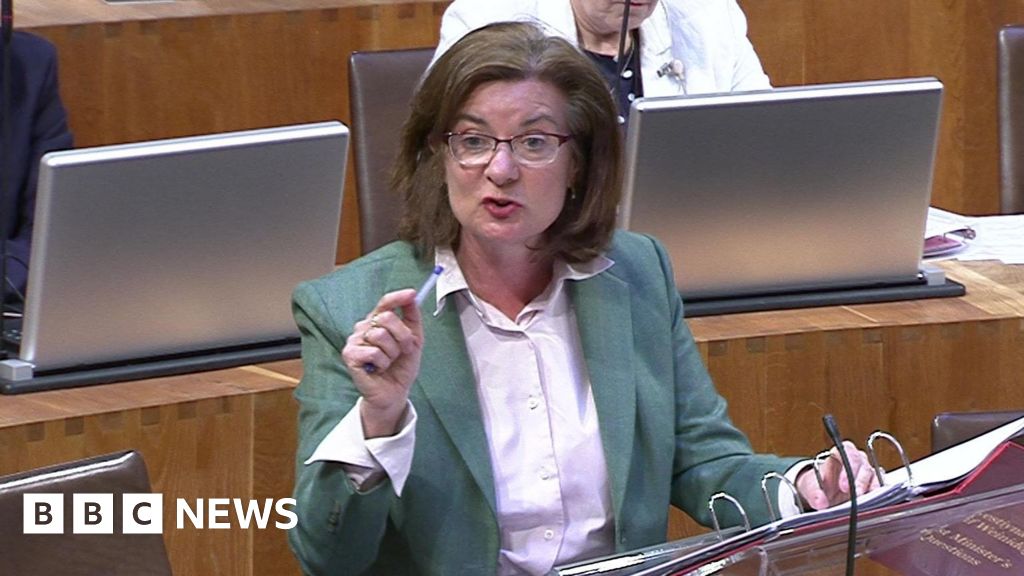ARTICLE AD BOX
By Damian Grammaticas & Kate Whannel
Political correspondent
On Wednesday, Foreign Secretary Dominic Raab will be grilled by the Foreign Affairs Committee over his handling of the UK's withdrawal from Afghanistan.
Here are some of the questions Mr Raab could face:
How many people have been left behind in Afghanistan?
Since April, more than 17,000 people have been evacuated from Afghanistan by the UK.
Around 5,000 were UK nationals, while the rest were mostly Afghans who worked for the British government, supported under the Afghanistan Relocation Assistance Policy (Arap).
Civilian evacuations came to an end at the weekend and Mr Raab has said it is difficult to ascertain how many people have been left behind, although he estimated that a few hundred British nationals still remain in the country.
Last week, Defence Secretary Ben Wallace said there were around 800 to 1,100 Afghans eligible to come to the UK under the Arap scheme who would not be able to make it out of the country.
Mr Raab dismissed claims from MPs that there could be as many as 7,000 Arap-eligible applicants left behind.
The foreign secretary can expect MPs to push him on the most recent figures.
What will happen to Afghans trying to leave the country?
image sourceReuters
image captionA family boarding a flight from Kabul during operations to remove civiliansIn addition to the Arap scheme, the UK says its Afghan Citizens' Resettlement Scheme aims to allow 5,000 Afghans to settle in the UK, with the long-term goal a total of 20,000.
However, with the UK's airlift evacuations at an end, those hoping to leave may have to resort to escaping into neighbouring countries by land.
These journeys could be dangerous and would entail passing through Taliban checkpoints.
There is also no guarantee bordering countries would be willing to let in Afghan refugees or that the Taliban would let people leave.
Given the UK no longer has a diplomatic presence in Afghanistan, will it struggle to process resettlement claims from Afghans?
The UK has suggested it will try to process resettlement claims in neighbouring countries but will people have to risk making a potentially dangerous journey out of Afghanistan before they know if they are eligible to move to the UK?
Does the UK have deals with countries neighbouring Afghanistan?
The German Foreign Minister, Heiko Mass, has just completed a visit to the region taking in Turkey, Uzbekistan, Tajikistan, Pakistan and Qatar.
Germany says Uzbekistan has agreed to allow those identified to be at-risk to be flown in and on to Germany once flights restart from Kabul.
Speaking to the BBC on Tuesday, Mr Raab said he had spoken to all of the main third countries where the government expect people to flee and was "making sure we have got the practical arrangements to be able to identify those that are eligible so that they can get across the border".
Mr Raab could be pushed on the specifics of his contacts with countries in the region and whether any agreements have been put in place.
Why was the government's intelligence wrong?
image sourceEPA
image captionA Taliban patrol outside the Hamid Karzai International Airport, in KabulThe speed of the Taliban's advance to Kabul took many countries by surprise.
Mr Raab has acknowledged that the UK's assessment was "clearly wrong" but pointed out that other countries also failed to predict the pace at which the Afghan government would collapse.
He has also said intelligence gathering was not the Foreign Office's "lead responsibility"; however MPs will still want to know how the UK government got its assessment wrong.
Why were sensitive documents left in the UK embassy in Kabul?
Last week, The Times reported that documents with the contact details of Afghans working for - or applying to work for - the UK had been left behind at the British embassy in Kabul after staff evacuated the building.
It came as a UN report warned that the Taliban had been conducting door-to-door searches to find and threaten people who had worked for Nato forces or the previous Afghan government.
The Foreign Office insisted "every effort" was made to destroy sensitive embassy papers and that it had helped three of the affected families to safety.
MPs may seek assurances that others whose details were left behind have been offered help.
Should Mr Raab have returned from holiday sooner?
Earlier this month, Mr Raab faced criticism for being on holiday as the Taliban advanced on Kabul.
He has denied reports he was asked to return to the UK on 13 August but instead chose to remain abroad until 15 August.
Mr Raab subsequently admitted that "with hindsight" he would not have gone away, but dismissed suggestions he was "lounging on the beach" as nonsense, saying he was focused on the evacuation operation and the stability of Kabul airport.
Has the retreat from Afghanistan left the UK diminished and at greater risk than before?
image sourcePA Media
image captionMembers of the British armed forces arriving back in the UK as Britain's 20-year military presence in Afghanistan comes to an endThe decision to end the foreign involvement in Afghanistan was made by President Joe Biden.
The UK had no part in it. Boris Johnson's government was not even able to get the US to extend the airlift by a few days, and it couldn't assemble a group of other countries that could keep the airport open.
So MPs may want to know if this leaves the UK looking like a weaker power, unable to act independently if the US isn't involved.
And what about the threat that extremists will again have a haven in Afghanistan?
The Taliban's links with al-Qaeda are well known, it still has groups listed by the US as terrorist organisations in its ranks today and there are others, such as IS-K, now at large in Afghanistan too.
So MPs may want to know what the UK will realistically be able to do, to try to prevent new security threats emerging in the region now UK forces have had to leave, the UK's allies have been defeated, the UK has no bases in neighbouring countries, and no official relationship with Afghanistan's new rulers.

 3 years ago
67
3 years ago
67








 English (US) ·
English (US) ·